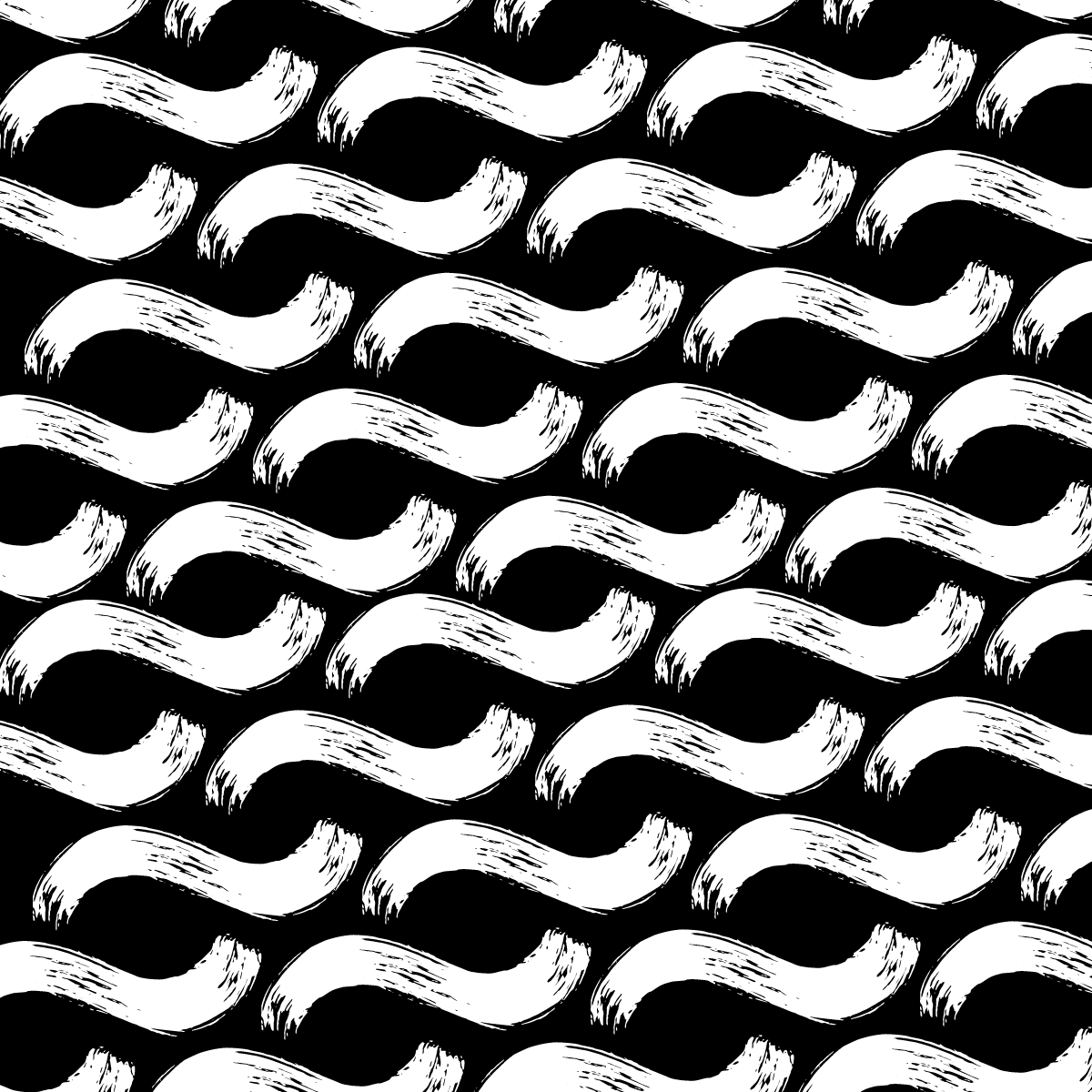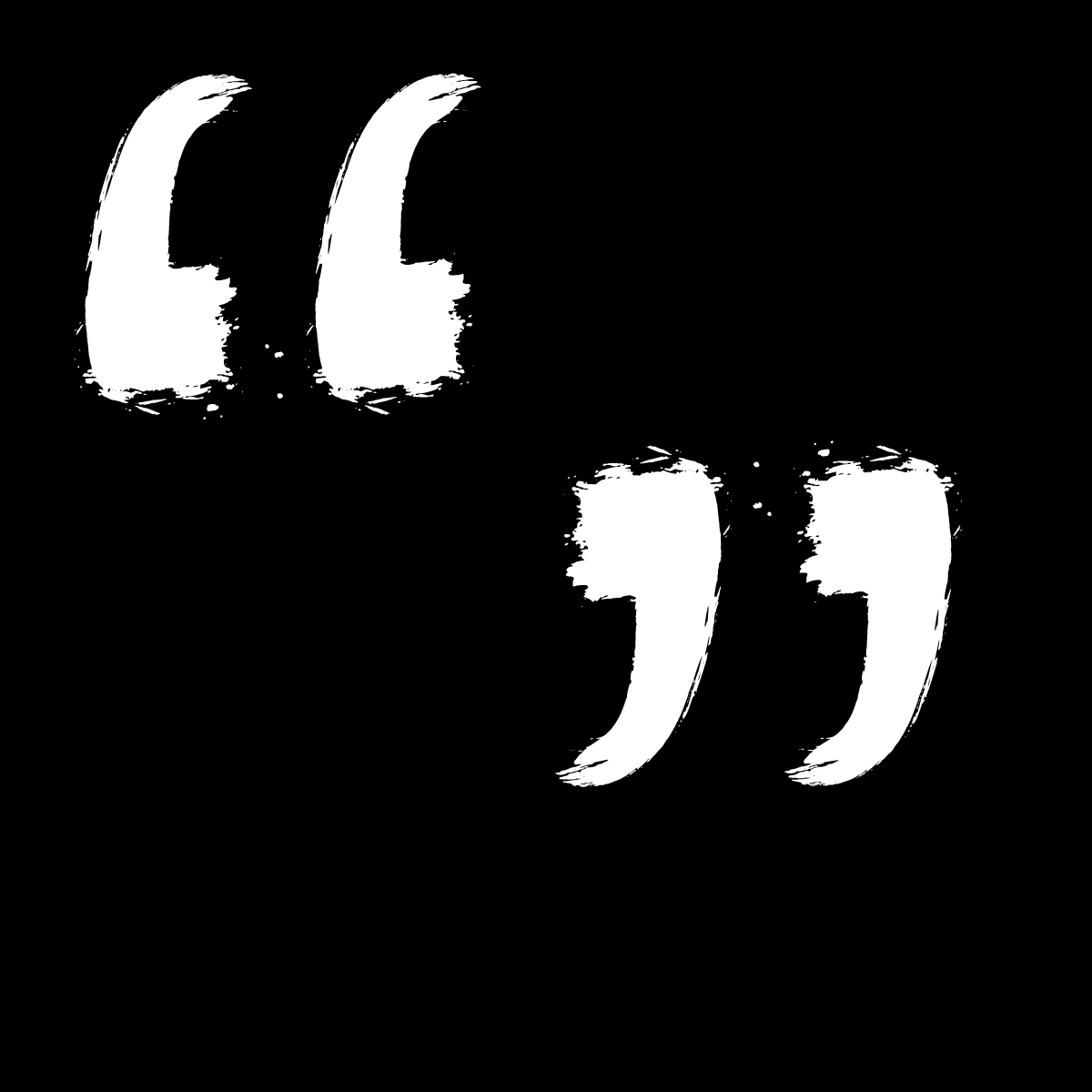Beatnik Capital Mutation
Beatnik Capital
Mutation
Through their use of capitals the Beatniks transcended language to express what they felt
Jacob Pilkington
In the nineteenth century, Dickens wrote in awe of the last two capital words, ‘THE END’. It was those capitalized words that signified it as a novel. ‘Like a troublesome guest who lingers in the hall after he has taken his leave, I cannot help loitering on the threshold of my book, though those two words, THE END: anticipated through twenty months, yet sorrowfully penned at last: stare at me, in capitals, from the printed page.’
Along with the many social revolutions of the nineteenth century, there were revolutions in grammar, especially in poetry. Late in the century, ‘it seemed daring to omit capitals at the head of the poetic line’. It was a battle to get rid of capitals at the beginning of every line, poets and modernists winning away what is now optional. Now whether a poet uses an ‘I’ or an ‘i’ in their poem tells us the mentality of the poet. Through the centuries, poetry has mutated into a more personal form that does not adhere to rules, but to the writer’s predilection.
Form, like language, has critically changed in the last two centuries, with the intermixing of casual language, slang and newspeak. Literary revolutions have changed ‘Foreign Ambassador’ to ‘foreign ambassador’. In email and phone text we have lost the use of capitals. A study by Breland and Breland claimed that if capitals were removed from newspapers, readers could digest the content 11.8 percent faster. Whether it be respect, importance or emphasis, the capital will continue to flaunt itself. Feminist Millicent Fawcett of the nineteenth century mourned the loss of the capital ‘W’ in women. ‘Women’ becomes a plural noun instead of a society. Moxon said the capital ‘sets the first Letter with a Capital or—as the Person or Place he finds purpose of the Author to dignify—all capitals; but then conveniently he can, he will set a space between every Letter and two or three before and after that Name, to make it more Graceful and Stately … For capitals express dignity wherever they are set, and Space and Distance also implies Stateliness’. A revolution has freed us from obsequiousness. The English language is not an iron fist that cannot change. Capitals can be used and interpreted in different ways. You can pretty well write any way you want, as long as you do it consistently.
“Through the centuries, poetry has mutated into a more personal form that does not adhere to rules, but to the writers predilection.”
The Mutation
‘Beatnik’ was a nonconformist class of bohemian in the fifties. They were artists, writers and jazz musicians. The Beatnik scene drew on an unwritten dogma of travel and experimentation with drugs, sex, jazz and the open road. Writers like William S Burroughs and Jack Kerouac finally formalised the Beatnik vision with their novels. In writing about a new vision, they changed the way literature was written. William S Burroughs created a stream of consciousness narrative that led to hell. Kerouac played with language and permuted English into French rhythm, in which he was fluent. Writing became religious belief, kept these artists in a perpetual state of individuality and creativity.
When artist Herbert Bayer said ‘why write in capitals if we cannot speak in capitals’, he could not have been thinking of William S Burroughs, who does. One of Burroughs’s main goals was to subvert literature. ‘Burroughs was dubbed by no less than Norman Mailer, “the only American novelist who may conceivably be possessed of genius”.’ Use of capitals mutated into his surrealist writings and metamorphosed into award winning works, like Naked Lunch (1959). His works are a transcript of pain. Although Burroughs was educated at Harvard University, he and his literary friends were still trying to break through into writing. Playing the role of the champion outsider and underground aesthete, Burroughs’s initial work was a transcript detailing his life as a junkie in America and Mexico. What began as a straightlaced autobiographical account segues into madness. After the accidental shooting of his wife Jane Vollmer, while playing a game of William Tell, Burroughs could only write himself out of madness. Burroughs worked to ‘manipulate language to suit his purposes. He would sometimes capitalise whole phrases for effect, or stop in the middle of a sentence … He would cut up pages of texts from newspapers and authors he appreciated and posting them in other lines and paragraphs, he was able to concentrate the work to find the message of the writer’. Using cut-ups of Arthur Rimbaud, who Burroughs vaunted, Burroughs becomes Rimbaud, to see underneath the poet’s oeuvre. In ‘NUTS EACH ONE’ Burroughs declares his ‘nausea’. Thus work on the poet Rimbaud became—‘WHERE MARCH YOUR HEAD … SONS OF YOUR IN’. Burroughs was pushing literature beyond consciousness to go where Rimbaud could take him. It goes beyond literature, into the surrealism of the cut-up—and disdains conventional literature in the way that Arthur Rimbaud did in his later life. William S Burroughs uses otherworldly dialogue, ‘a virus’ that travels the universe, a statement against man, for a ‘new species’, a truth to transcend literature and its rules.
Through the centuries, poetry has mutated into a more personal form that does not adhere to rules, but to the writers predilection
Kerouac’s work is in language; but it is a mutated language between English, French and Benzedrine. A word stylist, he moulded his words into a variation using contemporary French films of his day. Kerouac used the French Existentialists and classical Russian author Fyodor Dostoevsky (who he felt to be their father) as a platform for his writing. Indeed Dostoevsky, along with the French writer Celine, created the moral foundations of his early work in On the Road (1957) and Visions of Cody (1972). Kerouac, through his stylistic writing, also verged into experimental capital usage. It was a breaking of the rules of capitals in order to shape an existential definition. In Kerouac’s work capitals are a cry of religious belief, a mourning of existentialism. ‘THE HOLY GOOF’ in On the Road creates an identity that brings together a trinity of labels—the idiot, the imbecile, the Saint of the Lot. The words are signposts on the way to the heart. Saint finds praise in the people around him in the words ‘SET UP MENTAL STATE’, ‘together with the rushing of writing away from inhibitors and censorship, but always towards no other than death’. In ‘THE TRU STORY OF THE WORLD’ Kerouac plays with his literary mentors, Celine and Proust, into the consciousness of his work about travel and belief, a reworking of jargonising appropriation of life. ‘NO TIME, NO CHRONOLOGY’ is the telling of a secret truth, in philosophical words—all Kerouac looked for in Visions of Cody—an insistence on intensity and the relevance of his oeuvre. In Kerouac’s work, what transcends reality is a secret religion of the street, a truth and calling that goes beyond ‘square’ imaginings. His use of capitals blasts away all common usage to tell what the writer and poet reaches for and believes.
We use the English language to record the journey of the mind. For the Beat generation, it was religiousness, a devotion to listening to life in prose. Just like the classic novels they read, through their attempts to revitalise literature with capital usage and poetry mixed with prose, they have reached importance. Capitals have their place in writing, in and around the rules. But the Beatniks used them to break the rules, into a new literary cinema of ‘Sound and Vision’. Through their use of capitals, they transcended language to express what they felt, beyond the patina of their time.






